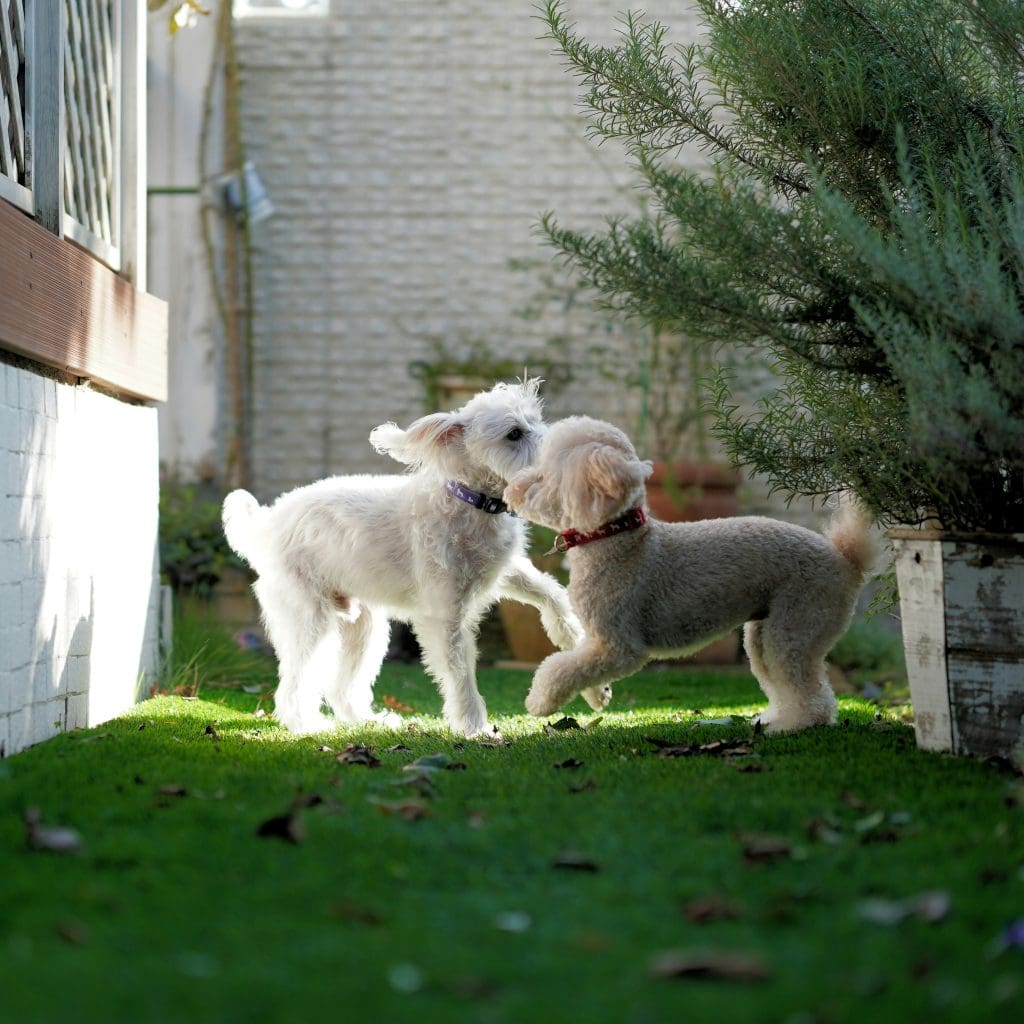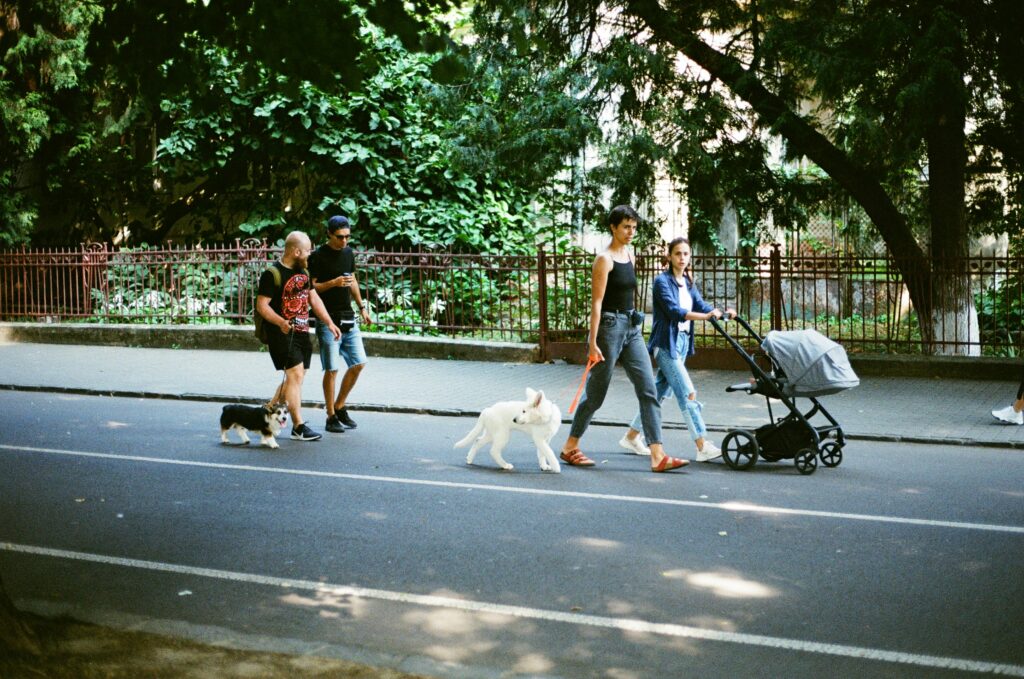Positive Socialization Builds Puppy Confidence
Raising a confident puppy isn’t just about teaching commands or housebreaking—it’s about helping your pup feel secure, curious, and resilient in the world. One of the most effective ways to build your puppy’s confidence is through positive socialization. Done well, socialization sets the foundation for a happy, well-adjusted adult dog.
In this blog, we’ll explore why socialization is critical, how to do it safely, and tips to make it a positive, confidence-boosting experience for your puppy.
Why Socialization Matters
Socialization is the process of introducing your puppy to a variety of people, animals, environments, sounds, and experiences during their most impressionable developmental stage—usually between 3 and 16 weeks of age.
Without proper socialization, puppies can develop fear, anxiety, or aggression when encountering unfamiliar situations later in life. On the other hand, positive exposure helps puppies:
-
Build resilience to new experiences
-
Learn appropriate social skills
-
Become adaptable in various environments
-
Reduce fear and reactivity
Simply put, socialization teaches your puppy that the world is an exciting, safe place.
Start Early, But Go Slow
The critical socialization window is small—about 3 to 16 weeks—so it’s important to start early. But going slow is key. Overwhelming your puppy with too many new experiences at once can backfire, increasing anxiety instead of confidence.
Instead, aim for gentle, positive exposure to:
-
People: Introduce your puppy to people of various ages, appearances, and movements. Include men, women, children, people in hats or sunglasses, people with canes, and so on.
-
Animals: Arrange safe meetings with other friendly, vaccinated dogs, and if possible, cats or other animals. Observe your puppy’s body language and step in if they seem overwhelmed.
-
Environments: Carry or walk your puppy in parks, sidewalks, vet offices, pet stores, and other places with varied sights, sounds, and smells.
-
Sounds: Expose your pup to common sounds like doorbells, vacuums, traffic, and thunder using low-volume recordings or real-life encounters.
Keep It Positive
The “positive” in positive socialization is critical. Each new experience should end on a good note, helping your puppy associate novelty with safety and fun.
Here’s how to set up success:
-
Use treats generously. Reward calm, curious behavior with treats, praise, or toys.
-
Stay calm and cheerful. Your puppy will pick up on your emotions—if you act nervous, they’ll feel nervous too.
-
Don’t force interactions. Let your puppy approach people or dogs at their own pace. Forcing contact can erode trust and backfire.
-
Watch body language. Signs of stress—like tucked tails, cowering, lip licking, or yawning—mean it’s time to back off and give your puppy space.
Make Puppy Playdates Safe and Fun
Puppy playdates are one of the best ways to teach social skills and boost confidence, but they need to be handled carefully.
-
Choose appropriate playmates. Pair your puppy with gentle, well-socialized dogs. Avoid mismatched energy levels or rough players.
-
Supervise closely. Step in if play becomes too rough or one puppy seems overwhelmed.
-
Teach polite greetings. Reward calm behavior during introductions.
-
Use short sessions. Keep playdates brief—10 to 20 minutes is plenty for young puppies.
Gradually Introduce Challenges
To build resilience, gradually increase the challenge of social experiences.
-
Start in quiet, familiar settings before moving to busy streets or crowded parks.
-
Add mild challenges like walking on different surfaces (grass, gravel, stairs) or wearing a harness.
-
Expose to novelty such as umbrellas opening, people on bicycles, or noisy garbage trucks—always paired with rewards.
Enroll in Puppy Classes
Puppy training classes offer controlled, positive environments where puppies learn basic manners and gain social experience. Look for a trainer who uses reward-based methods and prioritizes emotional well-being.
Classes not only teach obedience but also:
-
Build confidence around other dogs and people
-
Provide exposure to distractions
-
Teach owners how to support their puppy’s social development
Help Cautious Puppies Blossom
Not all puppies are natural social butterflies. If your puppy is shy or nervous:
-
Give them extra time and space. Don’t push them into interactions.
-
Use high-value treats to reward any small steps toward curiosity.
-
Pair them with calm role models, like a confident adult dog or gentle human.
-
Celebrate progress. Small wins—like sniffing a new person’s hand or watching kids from a safe distance—deserve praise.
Final Thoughts
Building a confident puppy is one of the greatest gifts you can give your dog—and it starts with positive socialization. By introducing your puppy to the world in a safe, gradual, and encouraging way, you help them develop into a resilient, adaptable, and happy companion.
Remember: socialization isn’t about perfection; it’s about progress. Take your time, watch your puppy’s cues, and make every new encounter a positive adventure.


